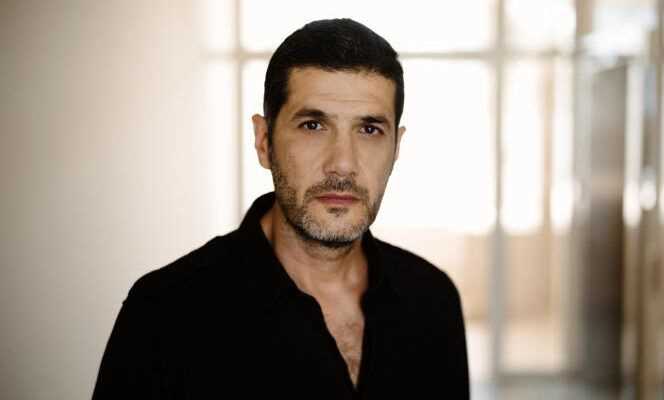OFFICIAL SELECTION – IN COMPETITION
A regular at the Cannes Film Festival, Moroccan filmmaker and producer Nabil Ayouch, born in 1969, presented God’s horses (2012) in Un certain regard, a fiction inspired by the Casablanca attacks in 2003, which were perpetrated by young men from Sidi Moumen, on the outskirts of Casablanca. Then Nabil Ayouch created the shock with Much Loved (2015). At the time of the film’s presentation at the Directors’ Fortnight, Moroccan religious dignitaries had uttered threats against the actresses, who play prostitutes, and the cultural authorities of Morocco had announced that the film would never be released in their country. The competition opens the doors to the director in this 74e editing : High and Loud (Casablanca Beats) is an attempt to tell Moroccan youth through rap and vocal performances in a cultural center located in Sidi Moumen. It should be noted that the filmmaker is at the origin of the creation of this place, in 2014, as part of a foundation which aims to support young people from peripheral neighborhoods – Nabil Ayouch has opened other cultural centers in Tangier, Agadir , in Fez, etc.
High and loud deploys a story halfway between fiction and documentary: a former rapper, Anas (Anas Basbousi), comes to lead a workshop with boys and girls in the center of Sidi Moumen. The objective is to support them in writing and speaking, to help them overcome their blockages and find their own limits. What drives them about rap? How far can they go in denouncing society, in evoking religion? How to find the words to go wild, etc. ? So many questions a priori fascinating, on language as a means of emancipation. However, instead of digging into this space, the film, which lacks structure, is content to stage a few voices from each other. Sometimes it’s funny, or serious, but the whole thing is messy and doesn’t deliver anything meaningful on the subject. The opportunity to make a great political film on Morocco, by focusing on the language of rap, is missed.
Group dynamic
The character of Anas, the professor, is both ubiquitous and generous, but not always readable. In the first third of the film, he plays tough, repainting his classroom without asking the director of the center for permission, and rebuffing his students when they present him with the texts they have written. No doubt Anas is trying to test their desire to rap, and is he trying to find out what each and everyone has in their guts? Why not. Still, the film does not help us to understand his psychology. Without us really understanding why, Anas is then benevolent and a group dynamic sets in. He collects material, a concert project is set up, etc.
You have 26.29% of this article to read. The rest is for subscribers only.
